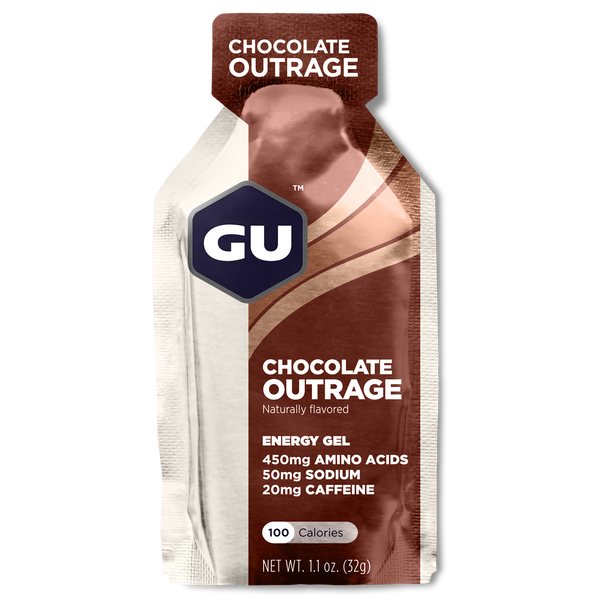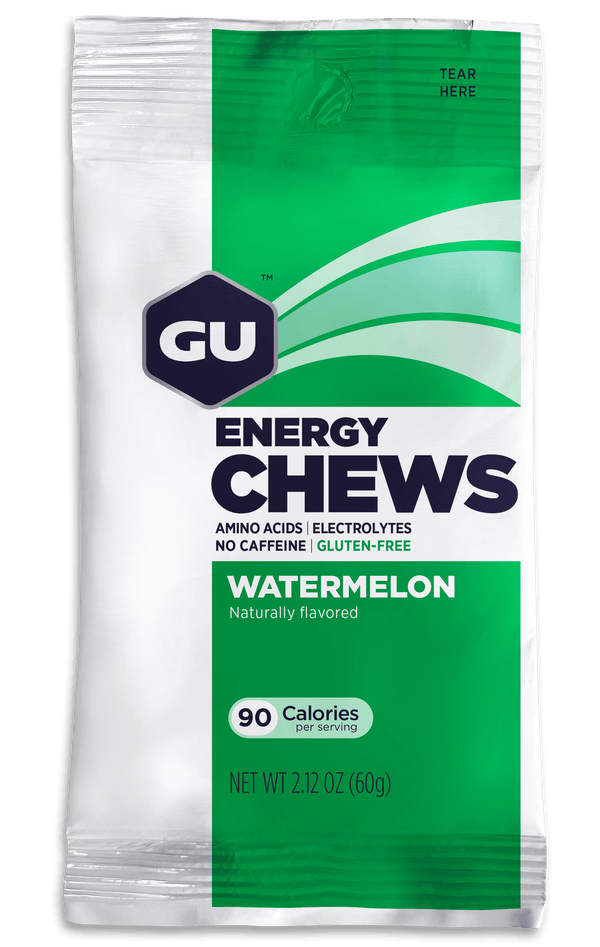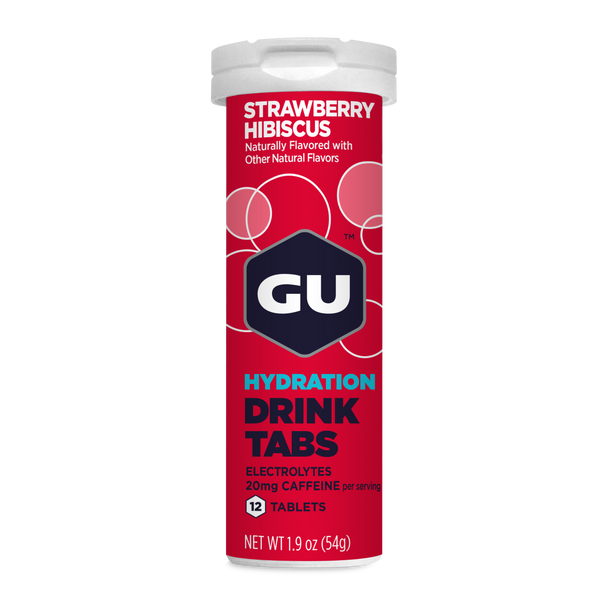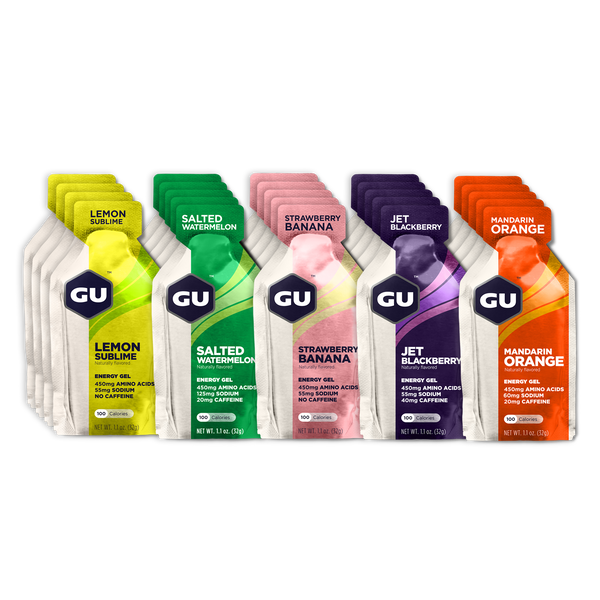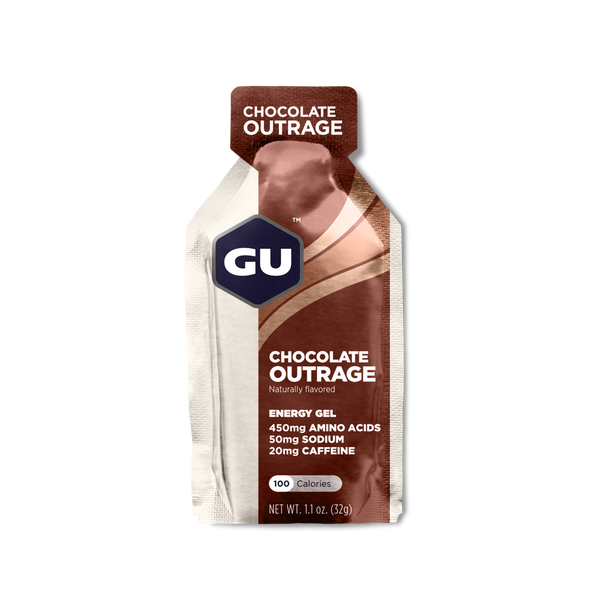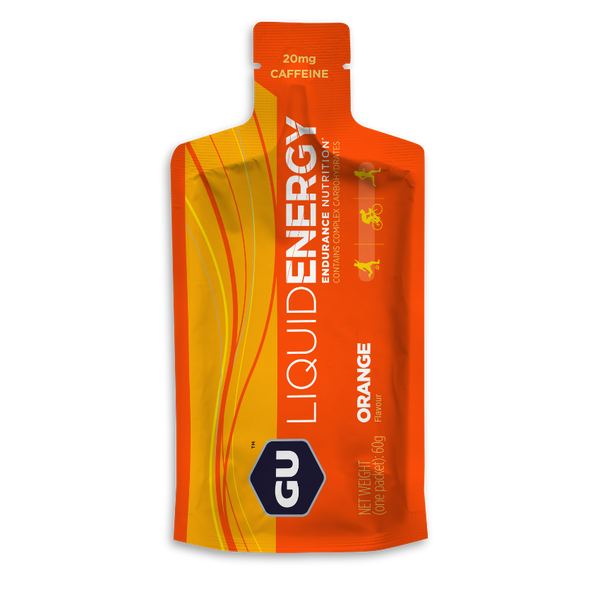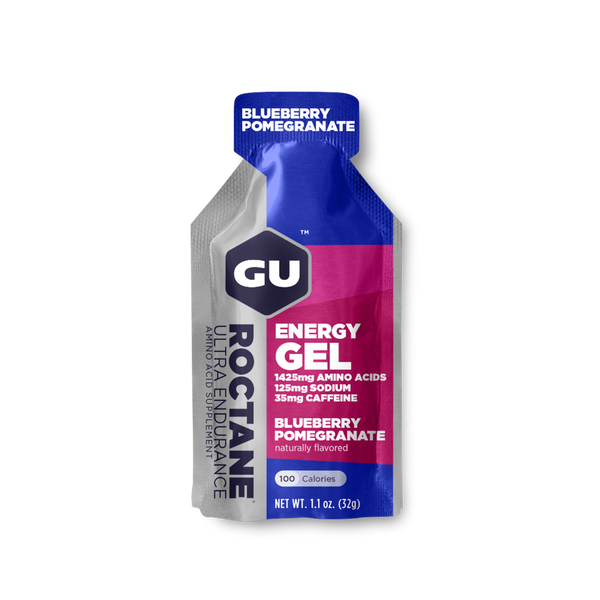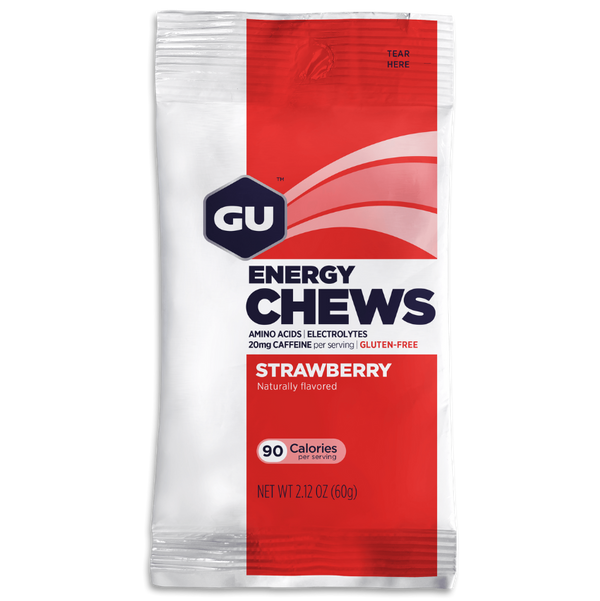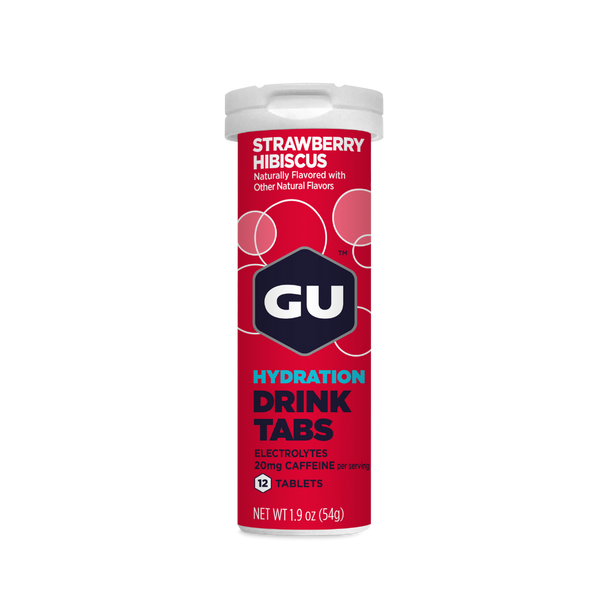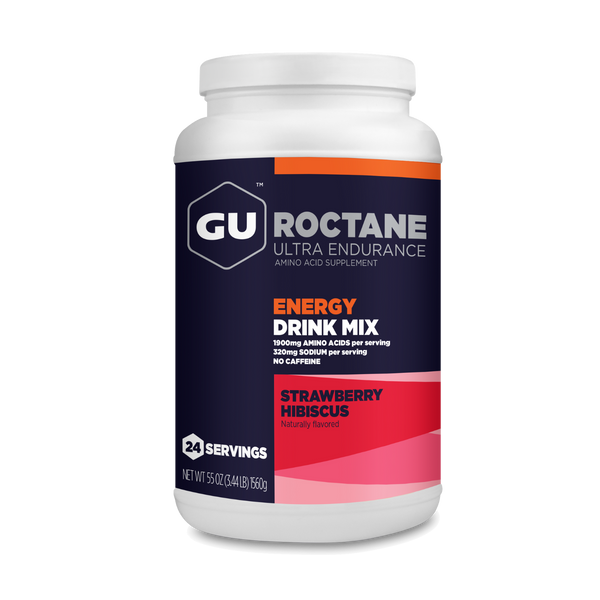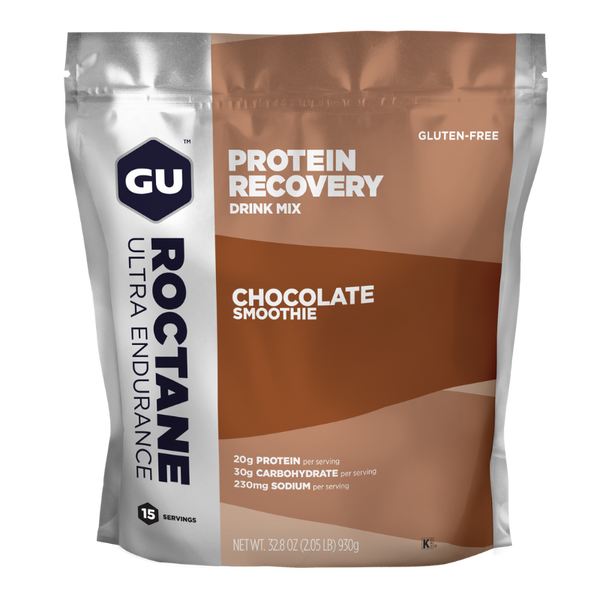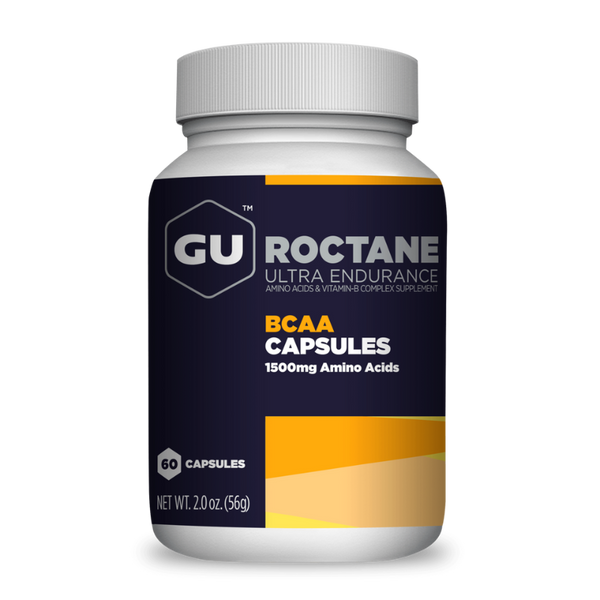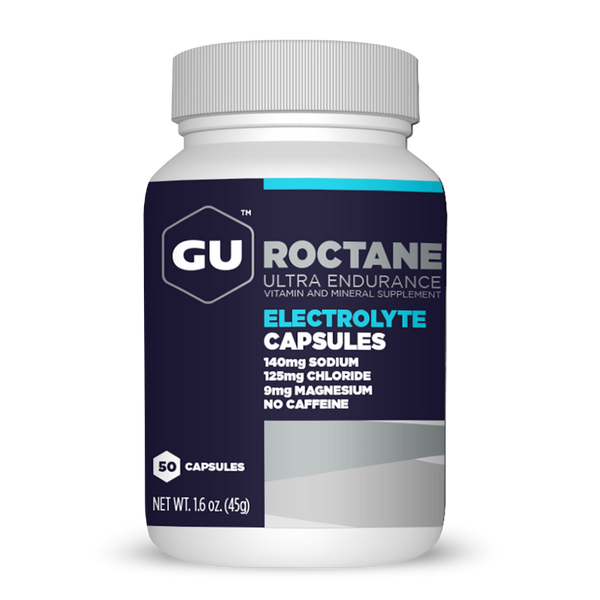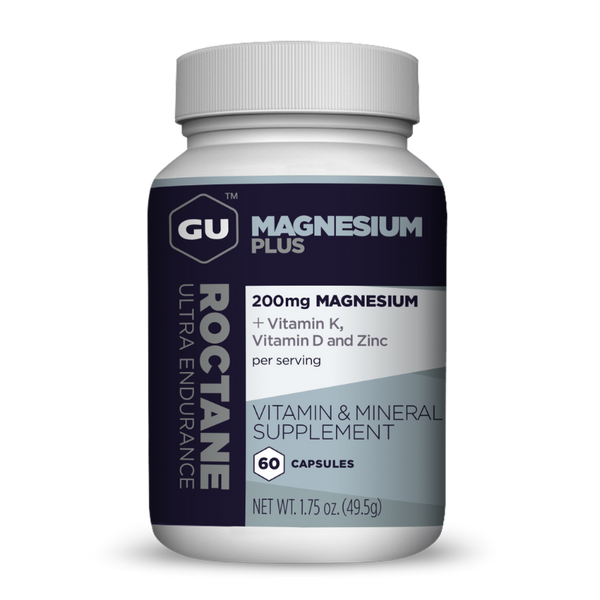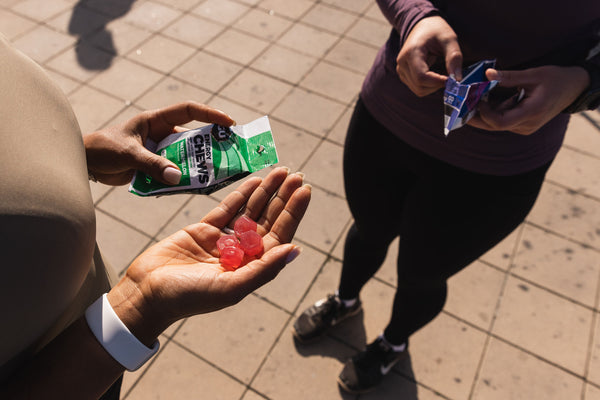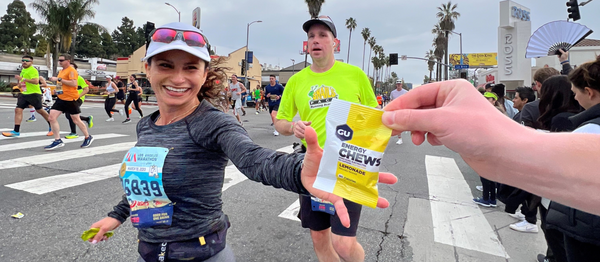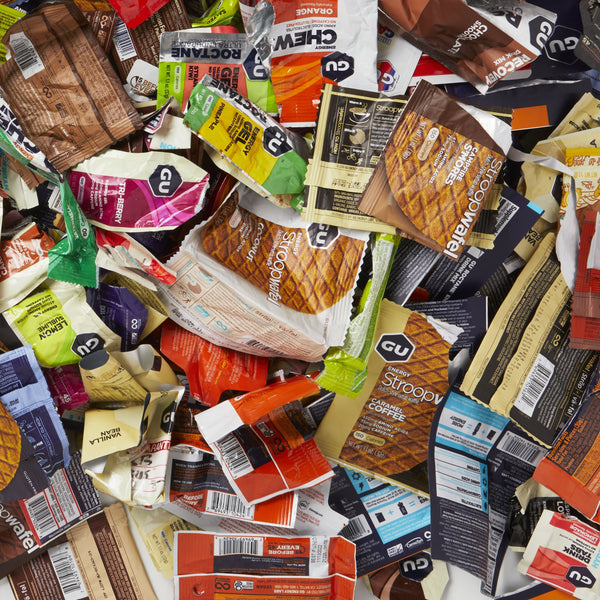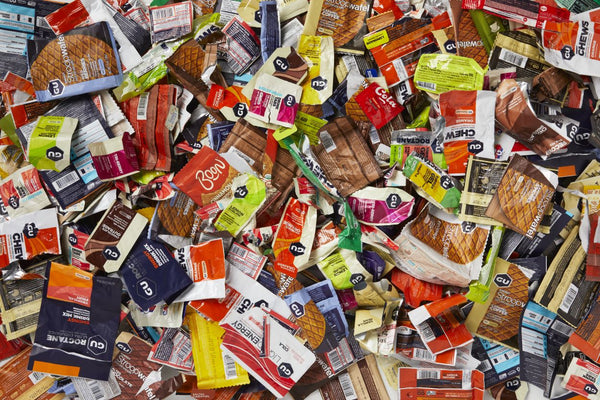If you really love your Valentine, give them the give of health. Give them chocolate! Once considered merely an indulgent treat, it’s now well-known that dark chocolate, cacao, and cocoa-derived antioxidants contribute to a nutrient-dense diet that promotes good health.
The origins of chocolate can be traced back to the ancient Mayans, who combined cacao with cinnamon and pepper to produce a bitter elixir which they considered a “drink of the Gods.”1 They weren’t wrong in their claim. Cocoa is one of the richest dietary sources of polyphenols, which are plant-derived antioxidants that provide big time health benefits.2
Cocoa is particularly high in a type of polyphenols called flavanols, which have potent antioxidant and anti-inflammatory effects.3 Read on to learn more about the benefits of this healthy (and delicious) Valentine’s Day tradition.
1. CARDIOVASCULAR HEALTH
Cocoa increases nitric oxide (NO) production, an important signaling molecule which enhances vasodilation and blood flow. This explains how cocoa may reduce the risk of cardiovascular disease by improving vascular compliance, or the ability of the blood vessels to expand and contract.4,5 Even more impressive, cocoa can reduce systolic blood pressure by nearly 5 mmHg (for example, lowering BP from 130/80 to 125/80).6 Cocoa can even help lower cholesterol levels, further decreasing the risk of heart disease. Those heart-shaped boxes of chocolate make sense now.
2. BRAIN HEALTH
Cocoa benefits the brain as well. A study in older adults given high-flavanol cocoa found blood flow to the brain increased by 8% after one week and 10% after two weeks.8 Improved blood flow means better brain function. Older adults supplementing with cocoa for 8 weeks improved their performance on a series of demanding cognitive tests9, while in younger adults, the beneficial effects of cocoa have been demonstrated in learning, memory, and attention…talk about a brain food!10
3. METABOLISM AND EXERCISE PERFORMANCE
Cocoa can improve insulin sensitivity and carbohydrate metabolism, imparting better blood sugar control at rest as well as during exercise.11 Researchers have also started to examine whether the blood flow benefits of cocoa consumption improves endurance exercise performance.12 One study found that long term (3 months) intake of cocoa increases both VO2max and power output during a cycling test in untrained adults.13 Even more exciting, consuming 40 grams (about 1.5 ounces) of dark chocolate daily for 14 days reduced the oxygen cost of moderate intensity cycling exercise, meaning it improved exercise efficiency, in addition to increasing VO2max by 6%.14 Not bad for a daily dessert fix.
HARNESS THE BENEFITS OF COCOA
The darker the chocolate (% cacao), the higher in beneficial flavonoids it is. For reference, unsweetened baking chocolate or raw cocoa powder is 100% cacao. If you can handle the bitterness, that’s your best option for boosting antioxidants. Sorry, white chocolate, you don’t make the cut.
The optimal amount of cocoa you should consume for all these great benefits isn’t set in stone, but for now, a good idea is to aim for about an ounce, or one to two small squares, of dark chocolate (>70% cacao) daily. Be sure to read the ingredients and look for cacao or chocolate liquor as the first ingredient, not sugar.
HOW TO UP YOUR COCOA INTAKE
- Nibble on 1-2 dark chocolate squares as a snack (70% cacao or greater for the health boost).
- Mix or blend unsweetened cocoa powder or raw cacao nibs in a smoothie, yogurt, or oats.
- Add a tablespoon of unsweetened cocoa powder to your black bean soup or chili recipe (trust us, it’s worth trying).
- Melt 1 ounce of dark chocolate and use it as a dip for fresh berries for an indulgent yet healthy treat that’s an antioxidant powerhouse.
- Make your own “drink of the Gods” by mixing a heaped spoonful of unsweetened cocoa/raw cacao powder, cinnamon, steamed milk or milk alternative and sweetener to taste.
- Keep in mind that cocoa does contain some naturally-occurring caffeine (~12 mg in 1 oz dark chocolate, less than a quarter cup of coffee), so best not to have it just before bed if you’re sensitive to caffeine.
- Eat your favorite chocolate flavored GU! Did you know…our chocolate varieties of GU and ROCTANE Energy Gels are made with organic chocolate liquor, which is 100% cacao. You’re welcome.

CONTENT
REFERENCES
- Verna, R., The history and science of chocolate. The Malaysian journal of pathology, 2013. 35(2): p. 111.
- Ludovici, V., et al., Cocoa, Blood Pressure, and Vascular Function. Frontiers in Nutrition, 2017. 4.
- Katz, D.L., K. Doughty, and A. Ali, Cocoa and Chocolate in Human Health and Disease. Antioxidants & Redox Signaling, 2011. 15(10): p. 2779-2811.
- Besco, R., et al., The effect of nitric-oxide-related supplements on human performance. Sports medicine, 2012. 42(2): p. 99-117.
- Jones, A.M., et al., Dietary Nitrate and Nitric Oxide Metabolism. Medicine & Science in Sports & Exercise, 2020. Publish Ahead of Print.
- Desch, S., et al., Effect of Cocoa Products on Blood Pressure: Systematic Review and Meta-Analysis. American Journal of Hypertension, 2010. 23(1): p. 97-103.
- Shrime, M.G., et al., Flavonoid-Rich Cocoa Consumption Affects Multiple Cardiovascular Risk Factors in a Meta-Analysis of Short-Term Studies. The Journal of Nutrition, 2011. 141(11): p. 1982-1988.
- Sorond, F.A., et al., Cerebral blood flow response to flavanol-rich cocoa in healthy elderly humans. Neuropsychiatric disease and treatment, 2008. 4(2): p. 433.
- Mastroiacovo, D., et al., Cocoa flavanol consumption improves cognitive function, blood pressure control, and metabolic profile in elderly subjects: the Cocoa, Cognition, and Aging (CoCoA) Study—a randomized controlled trial. The American journal of clinical nutrition, 2015. 101(3): p. 538-548.
- Martín, M.A., L. Goya, and S. De Pascual-Teresa, Effect of Cocoa and Cocoa Products on Cognitive Performance in Young Adults. Nutrients, 2020. 12(12): p. 3691.
- Stellingwerff, T., et al., The effect of acute dark chocolate consumption on carbohydrate metabolism and performance during rest and exercise. Applied Physiology, Nutrition, and Metabolism, 2014. 39(2): p. 173-182.
- Decroix, L., et al., Cocoa flavanol supplementation and exercise: A systematic review. Sports Medicine, 2018. 48(4): p. 867-892.
- Taub, P.R., et al., Beneficial effects of dark chocolate on exercise capacity in sedentary subjects: underlying mechanisms. A double blind, randomized, placebo controlled trial. Food & Function, 2016. 7(9): p. 3686-3693.
- Patel, R.K., J. Brouner, and O. Spendiff, Dark chocolate supplementation reduces the oxygen cost of moderate intensity cycling. Journal of the International Society of Sports Nutrition, 2015. 12(1).

